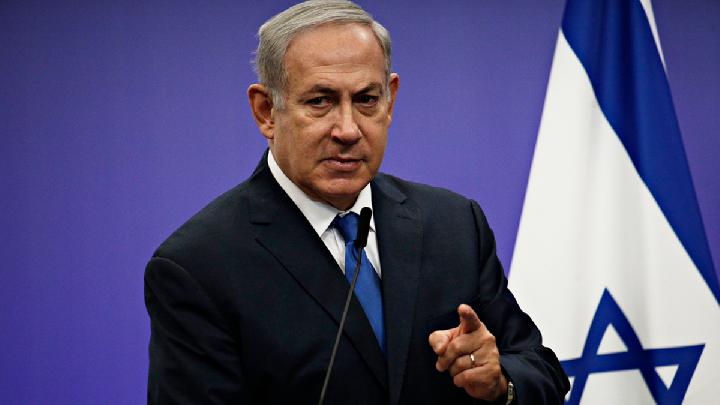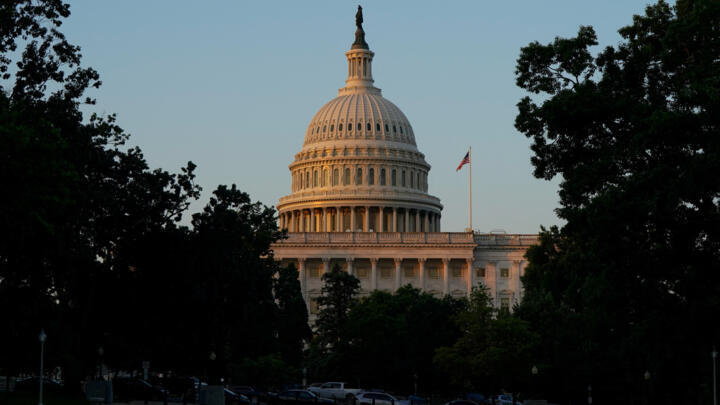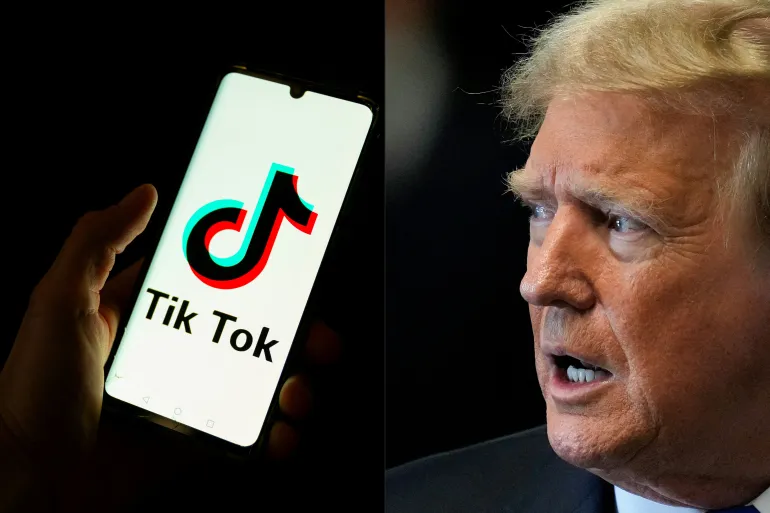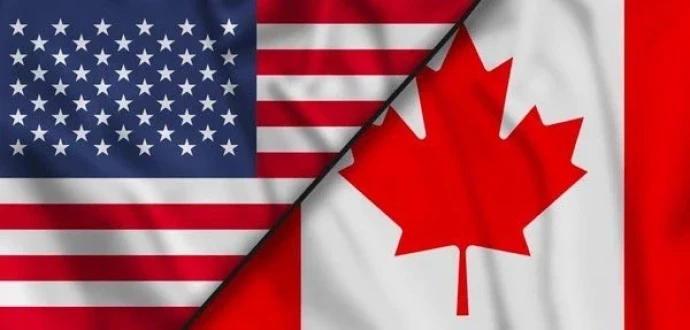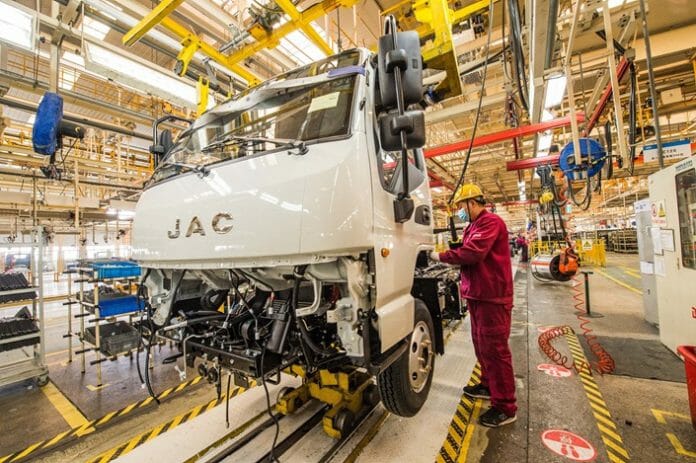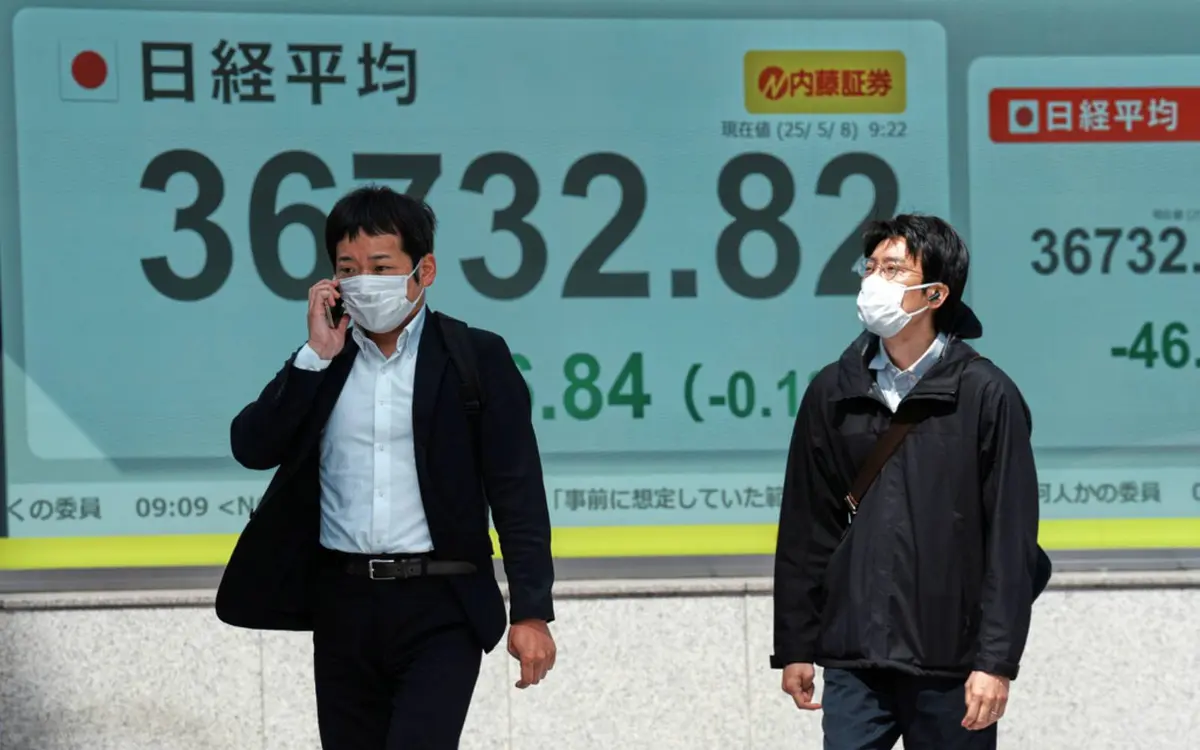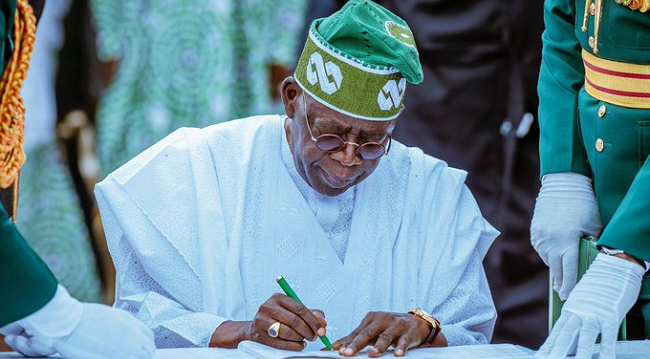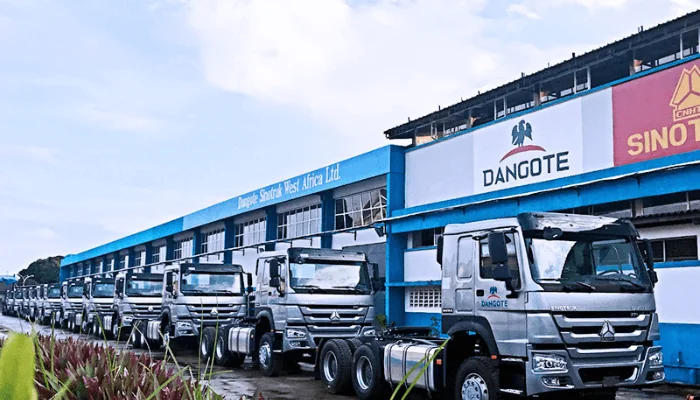China should reduce business drinking and replace it with “correct values,” the Chinese Communist Party’s anti-corruption watchdog said in a commentary on a sexual assault case involving employees with Alibaba Group Holding Ltd.
Some “under the table rules” such as forced drinking for business purposes may lead to crimes, the Central Commission for Discipline Inspection said in an article posted in the opinion section of its website under the name Shi Zhe. Those who violated laws in the Alibaba case will be punished strictly.
Most alcohol-related stocks dropped in Wednesday’s trading. The bellwether Kweichow Moutai Co. fell as much as 2.1%, while Wuliangye Yibin Co. — its next biggest peer by market value — dropped as much as 2.8%. Wine maker Shanxi Xinghuacun Fen Wine Factory Co. declined as much as 3.2%.
China has moved in recent weeks to clamp down on a host of sectors seen as contributing to societal problems the Communist Party is seeking to fix, particularly ahead of a once-in-five-year party congress next year at which President Xi Jinping is expected to secure a third term. Investors have been dumping shares in any sector that receives criticism in state media, from digital gaming and e-cigarettes to property and baby formula.
Alibaba this week fired a manager accused of rape, moving to contain the fallout after an employee’s account of her ordeal went viral on social media and ignited fierce debate about rampant sexism across China’s tech industry. The sexual assault allegations, first reported by the employee on Aug. 2, have unearthed systemic challenges with the company’s mechanisms, Chief Executive Officer Daniel Zhang said in an internal memo seen by Bloomberg News.
The incident involved an external client and several executives during a night of heavy drinking in the country’s northeast. It highlighted pervasive mistreatment of female workers across companies in China, where the #MeToo movement has thus far failed to take off as widely as in Silicon Valley or elsewhere.
The CCDI commentary highlighted pressure that employees face if they don’t drink at company outings.
“If you don’t drink it, it’s regarded as not giving face to the leader, ignoring the ‘rules,’” it said. “In order to avoid encountering bullying and isolation, affecting future prospects, many people have to give in or get involved, and it is difficult to resist.”
China’s premium distillers have been closely following government rules to avoid attention from China’s regulators, instead of pursuing ambitious growth. For example, it’s been several years since Moutai raised the factory-gate price of its core baijiu product Feitian, which has stayed at 969 yuan ($150) a half-liter for three years. It also increased direct sales after regulators condemned distributors who would hoard stock and bid up the price.
“The government has strict policies to require self discipline and strict obedience to laws for those gathering around a drinking table,” said Peng Hong, head of Guangdong Liquor Association, in response to the watchdog’s commentary. “This should be just an individual case and is not expected to have a significant impact on the industry as the market has a consensus that they should behave well when drinking otherwise they will be punished.”
Copyright TRUSTAFRICA NEWS.
All rights reserved. This material, and other digital content on this website, may not be reproduced, published, broadcast, rewritten or redistributed in whole or in part without prior express written permission from TRUSTAFRICA NEWS.
Contact: hello@trustafricanews.com.ng

